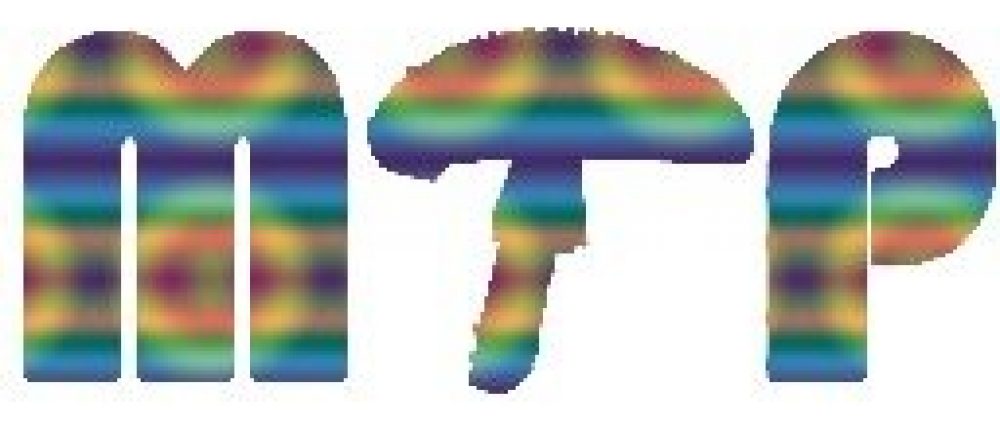How free are we as a society when we cannot even make the basic choice of what to ingest into our own bodies? Many view religion as an external experience, a building where you go once a week to sing some songs with a group of people, some of which you hold a relationship with outside of this setting, others in which you do not, and hear a sermon from a man (or woman) who you may or may not have a personal relationship with. Others see their religion, or spirituality, as a way of life, an everyday reality that makes up who they are as a person. It affects, or rather helps describe, their interpersonal relations, eating habits, meditative practices, work or career choice, and every other aspect of one’s day. The First Amendment was put in place here in the United States to protect the people from any infringement of these practices by the state. The use of a sacrament has long been held, and respected, in the Christian faith. The same idea of a sacrament exists in many indigenous cultures, and Native Americans are protected through Supreme Court decisions in their use of peyote, but where do these boundaries and restriction to usage come from when the first amendment is in place to protect the right to choose? Santo Diem churches have begun to pop up in the states, and they too have won the right, in an Oregon case, to use a natural brew, known as Ayahuasca, of the Banisteriopsis caapi vine mixed with leaves of a shrub belonging to the Psychotria genus, but not without great social and legal difficulty due to Dimethyltryptamine’s illegality, and demonization, under the Controlled Substances Act. These substances, along with Psilocybin containing mushrooms and Lysergic Acid Diethyl-amide produce an intense neurological reaction within the individual that is often described as spiritual. A new perspective on reality is quickly uncovered, a new connection with one’s environment and others follows. The right of passage ceremony, incorporating the use of one of these entheogens was once deeply ingrained into indigenous societies. This brings about a great spiritual awareness and knowledge of oneself at a young age. Not found in today’s society, other than the right to drive, drink, or die for one’s country, this may account for the moral degradation in today’s society. A Johns Hopkins study recently came out to support the use of psilocybin pills in improving the quality of life for cancer patients. The question beckons, why must one be on their death bed before being justified in improving their quality of life? Until we return to the proper function of government, and indeed Constitutionality, the soul of the nation will remain suppressed, and pressure will build like that of a pressure cooker, until a release is found.
